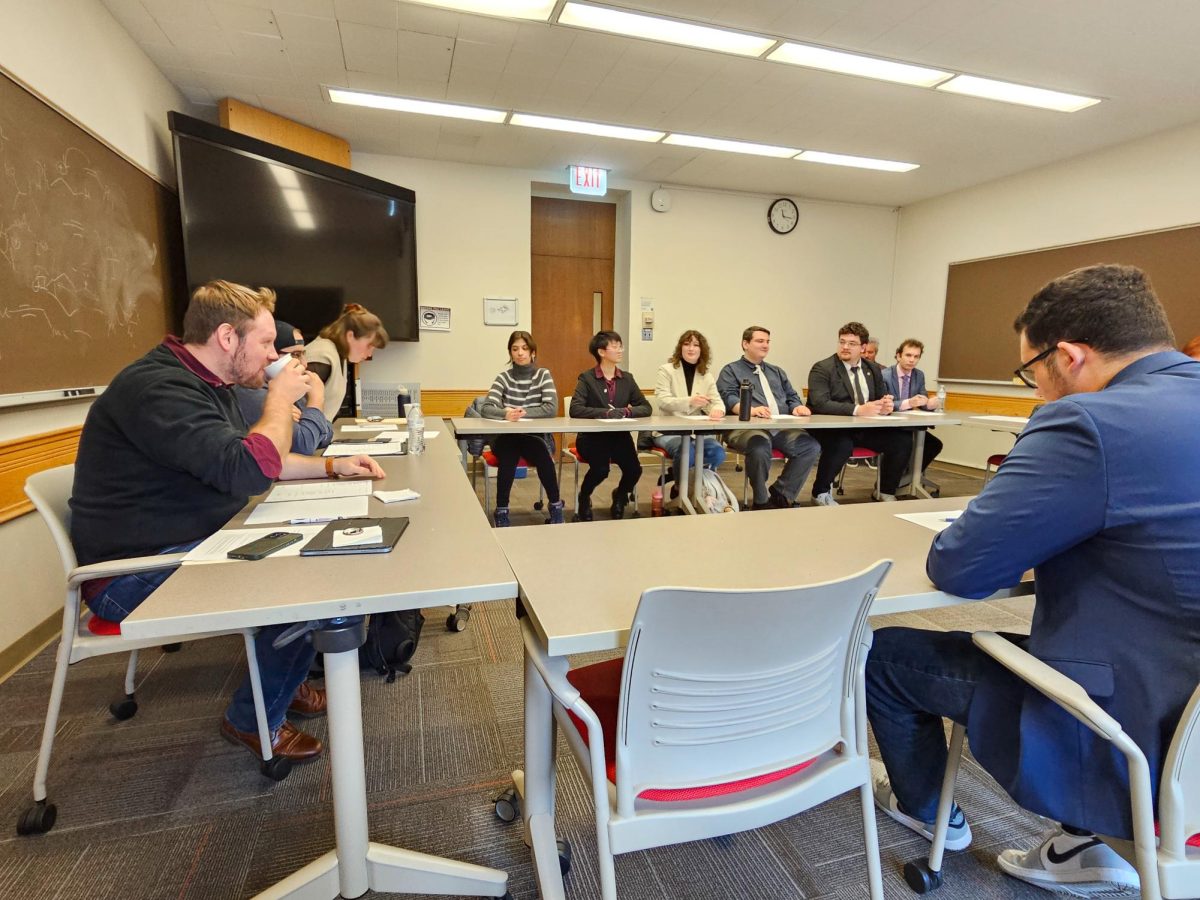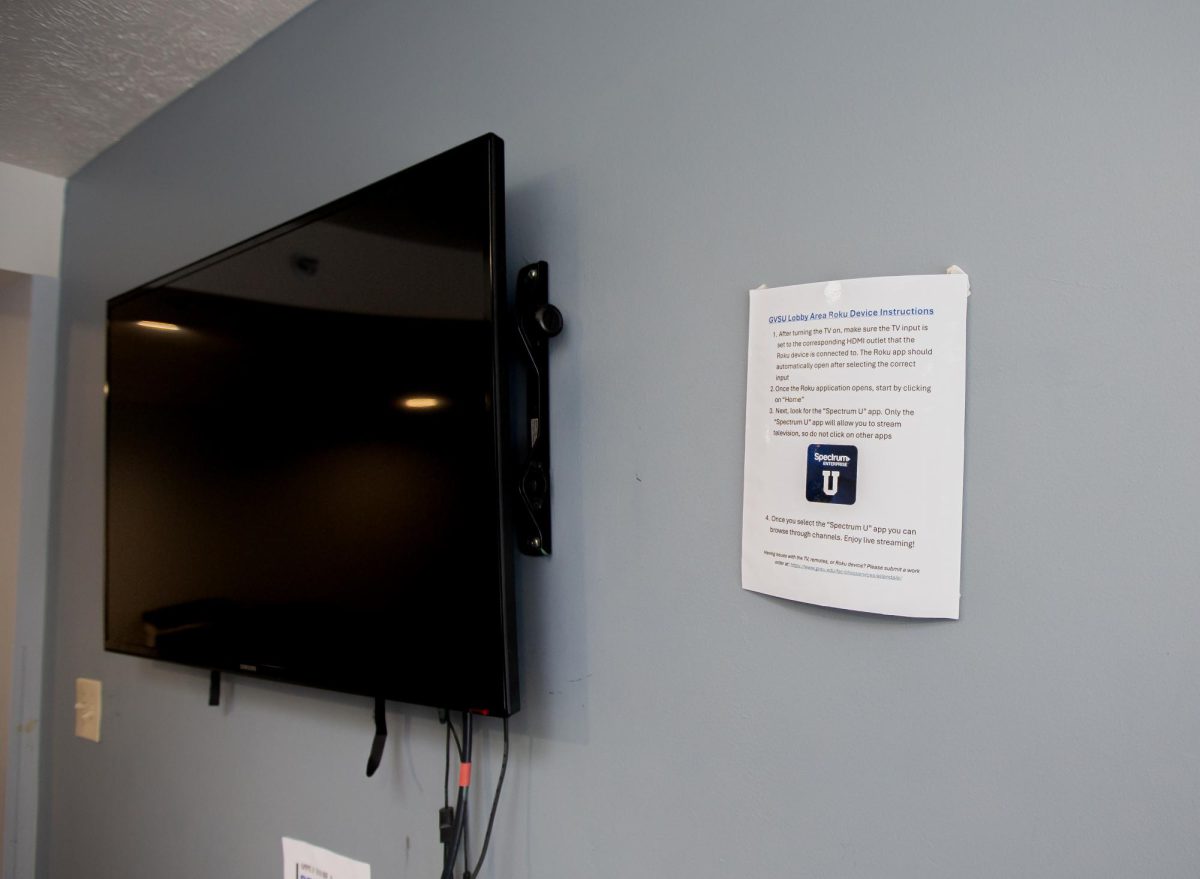The importance of reading comprehension
Feb 18, 2016
Every so often, I will discover something within the realm of the American education system that shocks me. It could be the widespread implementation of an ineffective curriculum or the overstepping of schools into the sphere of parenting. Nevertheless, few trends alarm me quite as much as the consistently underdeveloped reading skills of the average college student.
During my two years at Grand Valley State University, I have met disturbingly few students who can read at a normal college level. In the classroom, for example, the contrast between professors’ and students’ reading speed, pronunciation and comprehension is disquieting. What worries me even more is that very few people seem to realize that this is a serious issue when, in reality, it is significantly problematic that the majority of college students have only achieved the reading capabilities of a middle schooler.
I think that the heart of the issue stems from parents who do not monitor, promote, or even require sufficient reading (particularly of well-written materials) for their kids. This seems to be largely due to parents assuming that schools are—or at least should be—the primary or sole facilitators of their children’s educations. On the contrary, a child’s education needs to start and end with their parents. In particular, this includes instilling good reading habits and making reading an on-going and required activity.
Also, particularly in the case of newer readers, parents need to have their children read out loud. For several years when I was a little kid, my mom and I read books aloud together; as a result, I became competent at reading passages with and for other people, something that college students are frequently required to do in the classroom.
Schools are certainly also to blame for the underdeveloped reading skills of the average college student, and for the identical reasons: failing to foster and cultivate reading skills, particularly beyond a certain elementary grade level. The inherent, subconscious thinking behind this lack of continual instruction is that reading is a secondary skill, a tool that you use to develop yourself in other areas and subjects, as opposed to it being a study unto itself. While reading certainly is the cornerstone of all other studies, it cannot be viewed merely as a subset discipline, at least until younger students have achieved mastery in it.
Finally, college students need to take responsibility for their own reading ability. While they cannot go back and redo their earlier school years, they can work to improve their current skills now. As the saying goes, practice makes perfect. The only way to improve your reading skills is to read more and, in particular, to read well-written materials.
The issue of college students having dramatically underdeveloped reading capabilities is a serious problem. If left unaddressed, it will continue to lead to the erosion of educational standards in the U.S. schooling system, which will in turn diminish our nation’s ability to be scholastically competitive on the international stage. The solution lies first and foremost with parents, who need to take responsibility for fostering their children’s reading skills. In addition, schools need to teach and promote reading much more than they currently do, giving it the heft and weight of any other subject, and students need to take advantage of available resources to continue to improve their reading skills themselves.


























